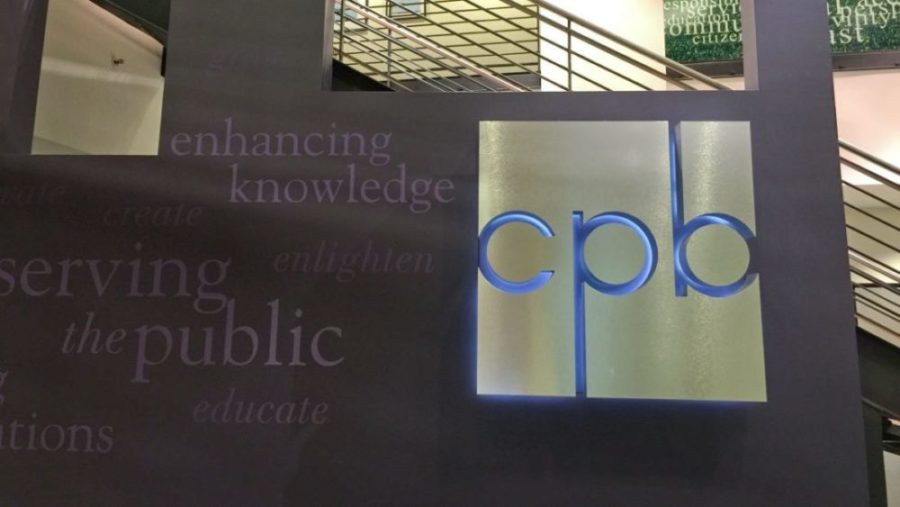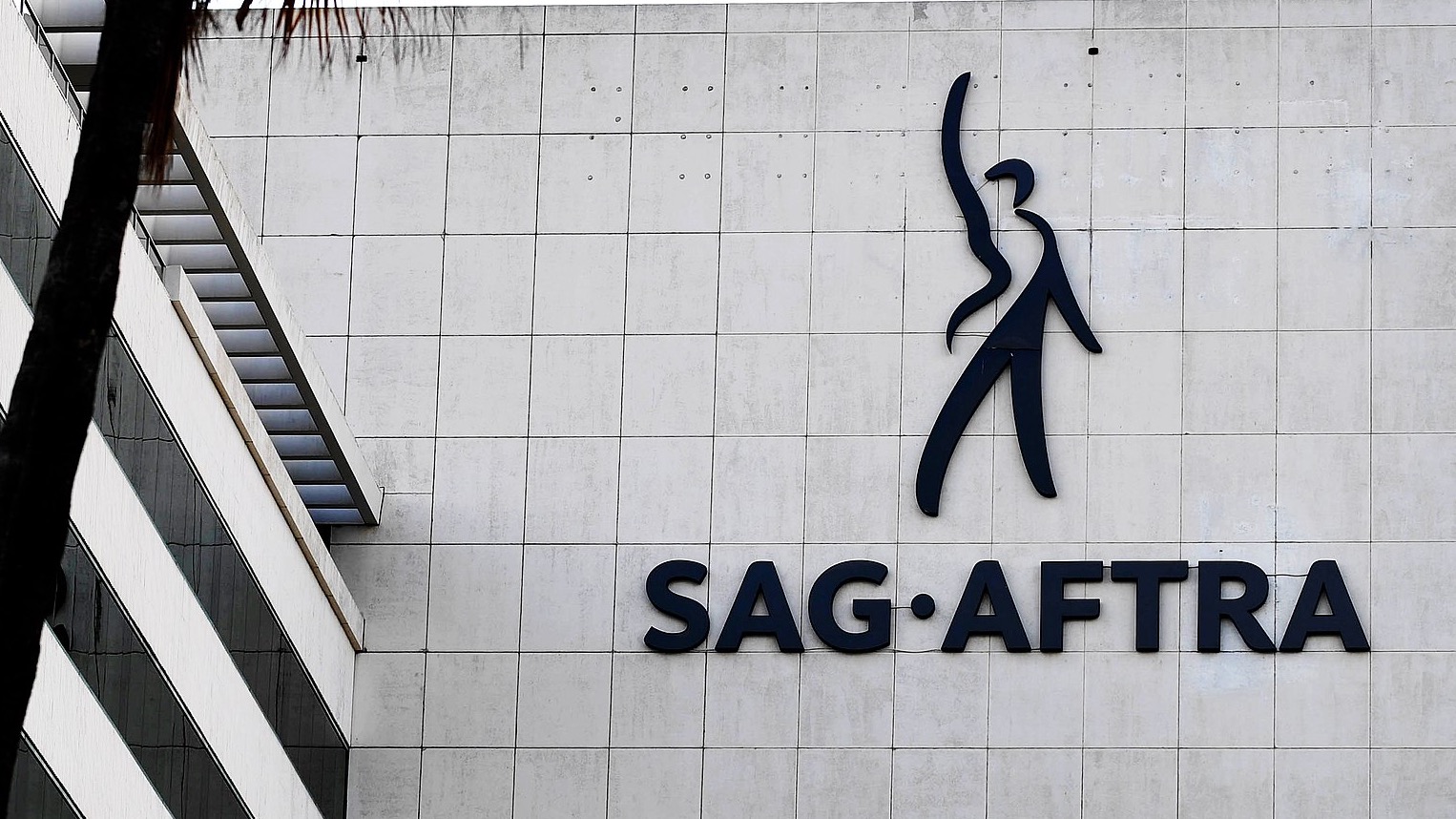System/Policy
House Appropriations Committee takes next step in zeroing out pubmedia funding for FY27
President Biden has proposed upping CPB’s FY27 appropriation to $595 million.NPR receives $5.5M grant to expand collaborative journalism efforts
The grant will support the creation of an Appalachia newsroom and experiments with short-form video.The importance of Employee Resource Groups and how to create one at your station
Employee Resource Groups can help to amplify underrepresented voices, promote education and break down barriers within your organization.Report looks at public media’s transformation into ‘frontline’ providers of local news
An analysis by the Wyncote Foundation spotlights what's working for news-driven stations.Pubcasters succeed in push for FCC to include nonbinary gender option on reporting form
A coalition of public broadcasters called for the change when the commission reconsidered requiring annual employment reports from stations.House subcommittee proposes zeroing out pubmedia funding for FY27
President Biden has proposed upping CPB’s FY27 appropriation to $595 million.Appeals court rejects defamation suit by right-wing journalist against NPR, Yahoo News
Matthew Couch, founder of the news website D.C. Patriot, had spread conspiracy theories about the 2016 murder of Democratic National Committee employee ...Unions call for immediate removal of Chicago Public Media CEO
96% of participating union members voted no confidence in the outgoing CEO.CPB backs new journalism desk for Alaska’s stations
The two-year grant funds four new reporter positions and three shared editors.PBS board approves $373M budget, applauds contract extension for CEO Paula Kerger
Paula Kerger’s decision to continue leading PBS “will cement, for a very long time to come, her status as the longest serving ...Growing costs, falling sponsorship fuel wave of layoffs in pubmedia
Current has tracked more than 400 jobs lost to layoffs or buyouts since March 2023, including at operations as different as NPR, ...WVPB unable to renew grant after apparently violating guidelines
The board chair of the WVPB Foundation said he believes that publicly naming a funder during a meeting cost the station the ...PBS lays off 24 staffers, cuts vacant positions
“It’s never easy to say goodbye to colleagues and friends, but we feel confident that this will position us well for the ...New Wisconsin Public Radio station honors late Executive Director Gene Purcell
WEPP, which will begin broadcasting Thursday on 90.7 FM in Rice Lake, Wis., gets its call letters from Purcell’s given name, Eugene ...SAG-AFTRA files unfair labor practice charge against Chicago Public Media
SAG-AFTRA claims CPM has “failed and refused to provide information demanded" by the union.

















